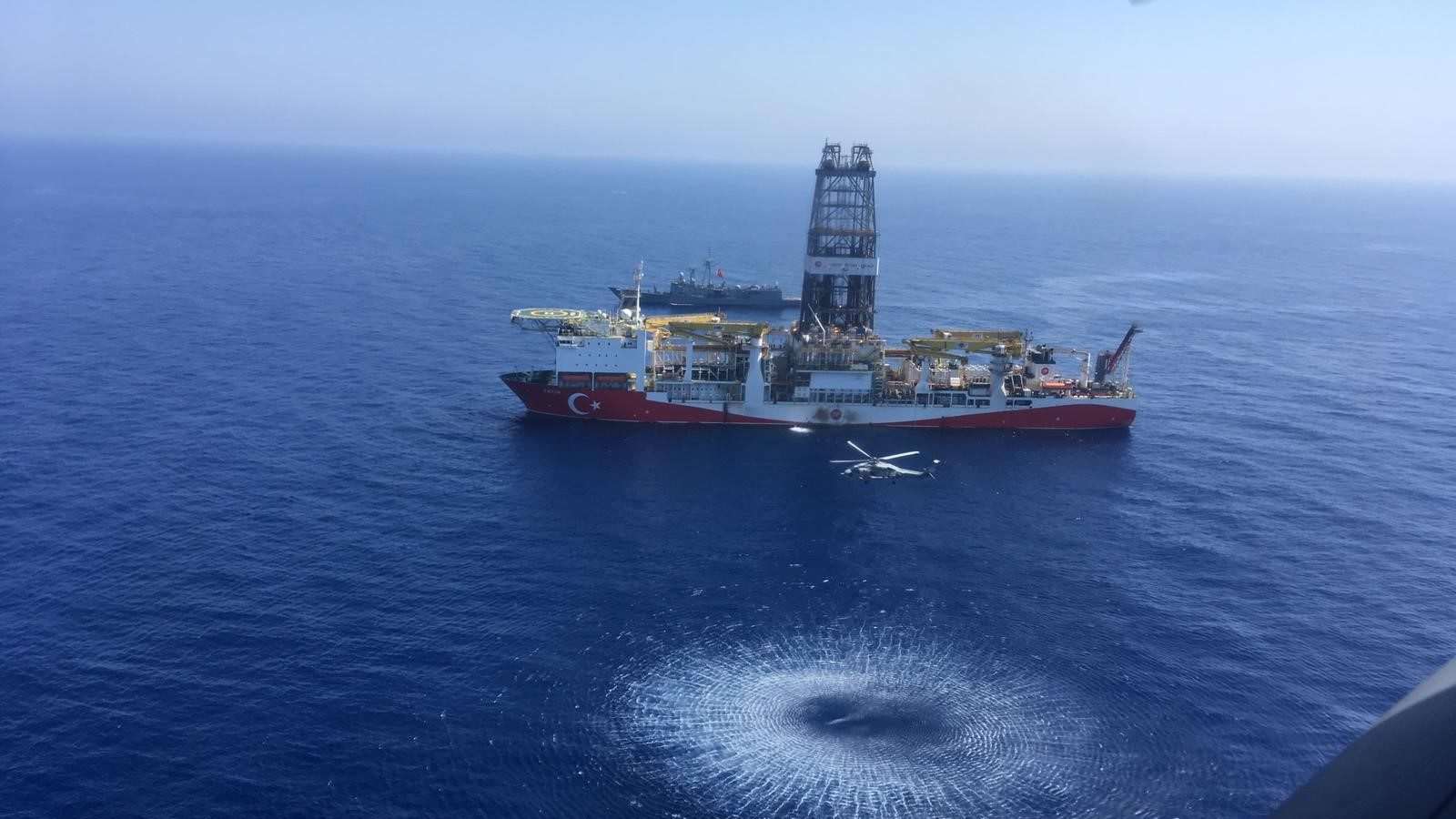East Mediterranean Partnership on Energy Could Boost Regional Security
Turkey seeks an energy deal as Greece, Cyprus, and Israel increase their cooperation – but major obstacles remain
Cooperation on natural gas by Israel, Turkey, and Greece could improve stability in the region, analysts tell The Media Line, as the war in Ukraine puts a spotlight on Europe’s energy supply.
Israel’s government spoke out this week regarding increasing cooperation with Greece and Cyprus on energy. At the same time, Jerusalem noted that ties with Ankara are on the mend.
“Alongside the improvement in our relations with Turkey, which is welcome and timely, there is also a great opportunity to deepen the ties between us and strengthen regional stability,” Israel’s Foreign Minister Yair Lapid tweeted on Tuesday after meeting with the foreign ministers of Greece and Cyprus in Athens.
Turkey’s President Recep Tayyip Erdogan’s office said last week that he spoke with his visiting Israeli counterpart, Isaac Herzog, about the mutual benefits of working together on energy. The Turkish government said its energy and foreign ministers will visit Israel in mid-May.
“Turkey is too important a player in the region, and generally speaking, to be ignored,” said Michael Harari, a researcher at Mitvim – The Israeli Institute for Regional Foreign Policies and a former Israeli ambassador to Cyprus.
The war in Ukraine has highlighted Europe’s dependence on Russian energy. Germany, the continent’s largest economy, gets about 40% of its natural gas, down recently from 55%; and 25% of its oil, down from 35%, from Russia.
There is major political and economic pressure to seek energy elsewhere as Western countries work to isolate the Kremlin over its invasion of Ukraine.
In recent months, Turkey has moved to improve relations with several countries, including Israel and Greece, amid an economic crisis that has seen Erdogan’s popularity decrease.
The benefits of this kind of cooperation would be immense for Turkey. It’s going to trickle down to have a positive impact on various issues and obviously increase trade
Harari said a discussion needs to be held on whether Israeli cooperation with Turkey on energy will help increase stability in the region.
He added that Israel could increase its gas exports to meet up to 10% of Europe’s needs.
“It’s not a huge number but it’s quite substantial,” he said.
Harari warned that cooperation on energy requires the parties to have mutual political interests and Israel would need to feel that rapprochement with Turkey would be long-lasting.
Turkey’s once-strong relations with Israel plummeted in 2010 after nine Turkish activists died on a protest flotilla that was trying to break the naval blockade on Gaza after Israeli forces raided its vessels.
Another obstacle, Harari noted, is that companies would need to have long-term commitments from governments that the cost of constructing infrastructure for a new gas route would be worth it.
Israel, Greece, and Cyprus, along with several other countries in the region, have been cooperating via the East Mediterranean Gas Forum that excludes Turkey.
The forum includes countries such as Egypt that have been rivals of Turkey. Many analysts say this led to Ankara feeling it had been boxed-in in the Eastern Mediterranean region.
“They were balancing against Turkey, which was acting in a more assertive manner,” said Berk Esen, a professor of political science at Istanbul’s Sabanci University.
He told The Media Line that getting in on regional partnerships would produce a variety of political and economic advantages for Turkey.
“The benefits of this kind of cooperation would be immense for Turkey,” he said. “It’s going to trickle down to have a positive impact on various issues and obviously increase trade.”
That would be a major boost for Turkey’s economy and for Erdogan, who faces national elections in June 2023.
A struggling economy was partly blamed for Erdogan’s party losing the mayoral races in Istanbul and Ankara in 2019, seen as the Turkish president’s greatest political loss since coming to power.
Esen added that if Erdogan can tone down his comments against Israel the two countries could easily cooperate, but that ties with Greece would be more difficult to repair.
That is especially due to the issue of Cyprus, a decadeslong foe of Turkey.
Most of the island is governed by Greek Cypriots whose country is a member of the European Union, while about 36% is controlled by Turkish Cypriots who head a government that is recognized only by Ankara.
The debate over control of the island has been a decadeslong obstacle in Turkey’s relations with its neighbors and poses a challenge to the development of a gas pipeline that includes Turkey because it would have to go through Cypriot waters.
Esen thinks that the talks on energy cooperation could have a positive impact on the issue.
“It may not really be an issue that will harm bilateral relations in the other areas,” he said. “And I think the energy deal is going to make this easier.”


